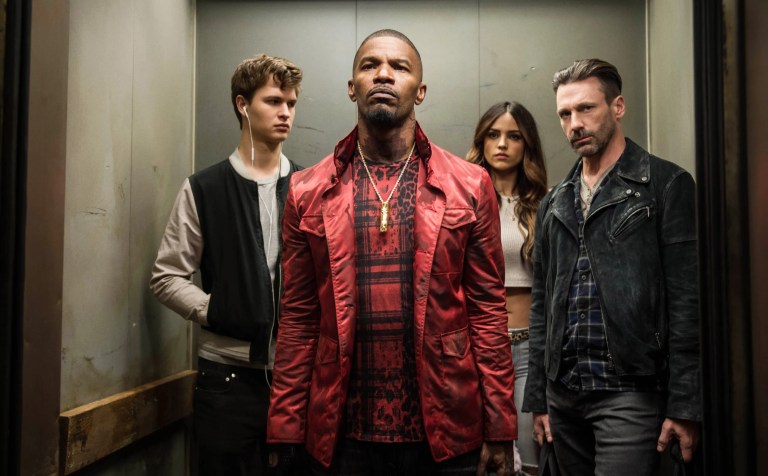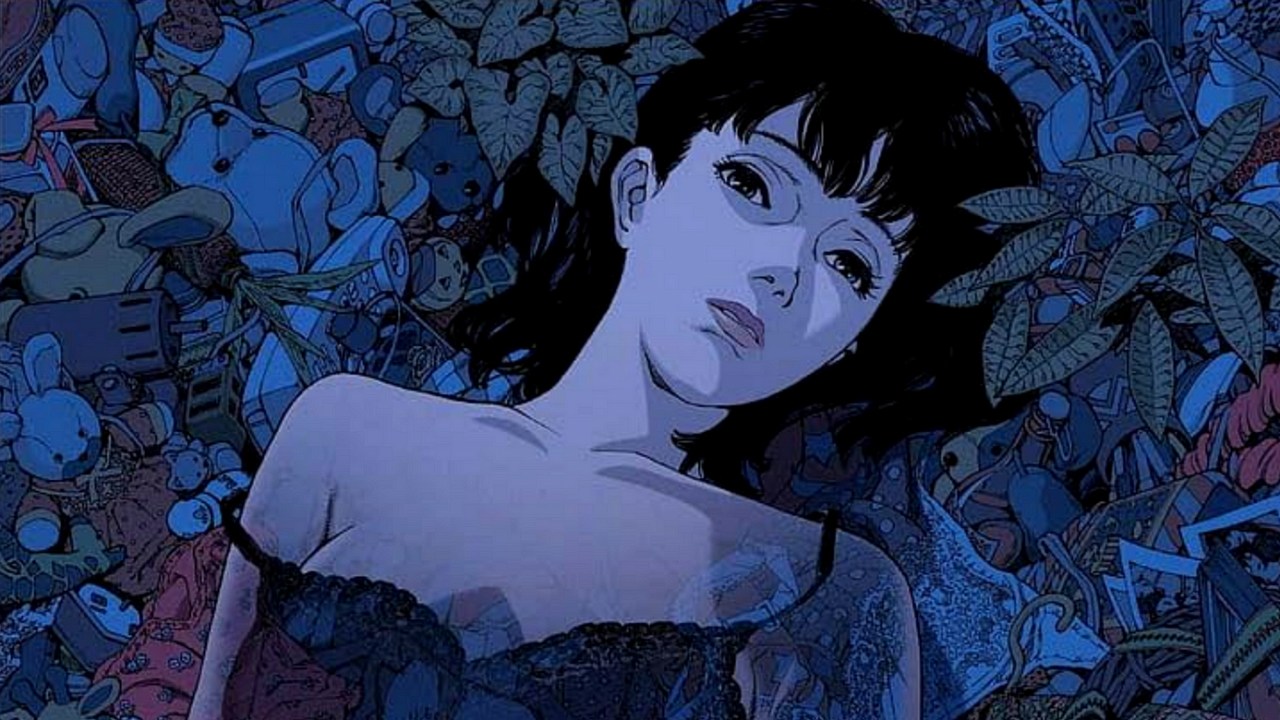
The 7 Best Anime Movies Not Made By Studio Ghibli To Watch On A Rainy Day
For millions of fans worldwide, Studio Ghibli remains the benchmark of the entire anime genre, holding as fabled an association with anime as Disney does to traditional animated films.
With a filmography composed of such iconic hits as Spirited Away, My Neighbor Totoro, and Princess Mononoke, Studio Ghibli revolutionized the anime industry in the late 20th century, ensuring the genre’s larger expansion into international pop culture.
As impressive as the studio’s contributions to the field of animation have been, it’s also worth mentioning how many other extraordinary anime films there are outside of Studio Ghibli’s impressive array of releases. From dystopian cyberpunk thrillers to comedy-laden space opera epics, here are some of the greatest anime films that weren’t made by Studio Ghibli, ranked in order from worst to best.
The Animatrix (2003)
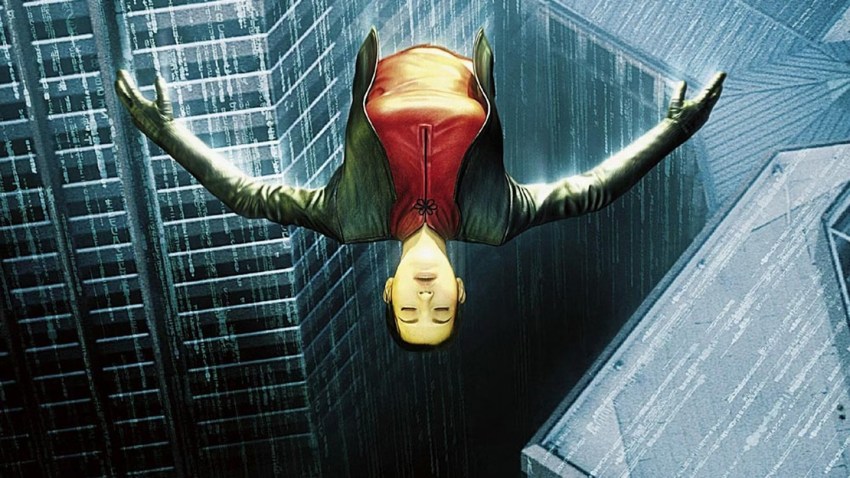
The moment it first arrived in theaters, critics and viewers were quick to highlight the obvious stylistic similarities between The Matrix and a traditional anime film – a purposeful design aesthetic the Wachowskis hardly shied away from. With that being said, a full-fledged anime spin-off of the series seemed like a sci-fi fan’s dream come true. Expanding upon the underlying Matrix universe, The Animatrix provides several cutting-edge stories set amidst the franchise’s dark and disturbing simulated reality, each of which form a complementary addition to the Wachowskis’ underlying cyberpunk universe.
Cowboy Bebop: The Movie (2001)
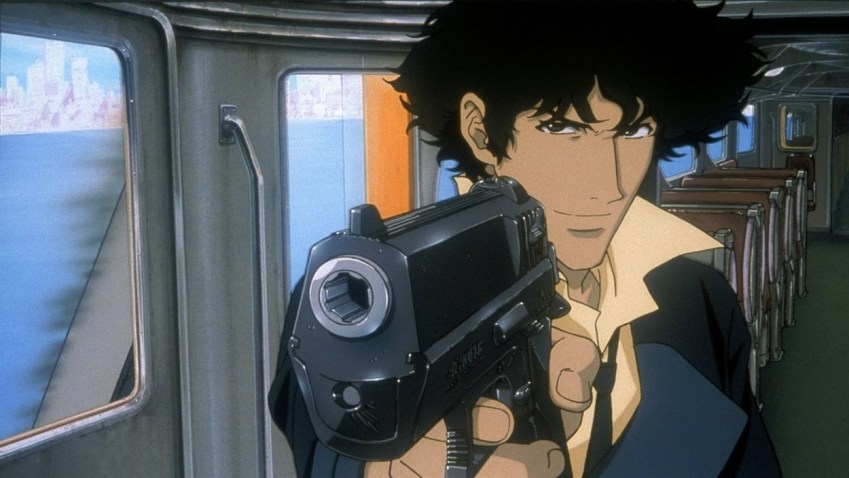
In spite of the series’ formal conclusion in 1998, dedicated fans still hungered for additional space opera adventures centered around the ragtag crew of Cowboy Bebop. Fortunately, the avid clammer for a Bebop continuation eventually resulted in the equally ambitious Cowboy Bebop: The Movie a few short years later. Set in the latter days of the series’ narrative plot line, Cowboy Bebop: The Movie delivers another rousing outing for Spike and his dysfunctional band of bounty hunters, striking a remarkable balance between buoyant comedy and good old fashioned space Western action.
Perfect Blue (1997)
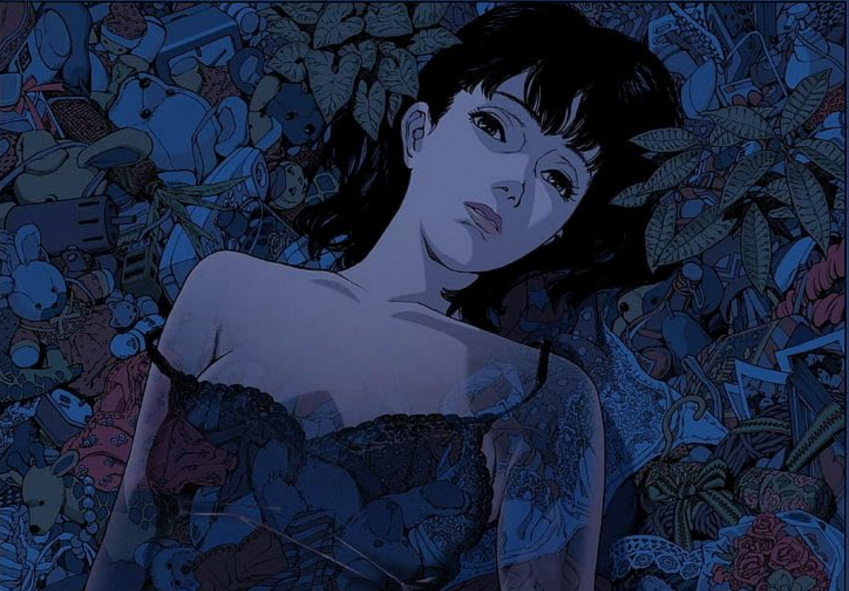
Fame often comes with its own set of peculiar problems, such as difficulties maintaining your private life and the burden of constant surveillance from the outside world. Exploring this topic in a thoughtful, albeit slightly over-dramatic way, Perfect Blue offers up a tantalizing neo-noir thriller wrapped around a young pop star’s attempts to pursue an acting career. With insidious twists and turns throughout, Perfect Blue is a thriller that lingers on in viewers’ imagination well after the credits begin to roll, garnering a similar emotional response as Se7en, Zodiac, or Mindhunter.
Tokyo Godfathers (2003)
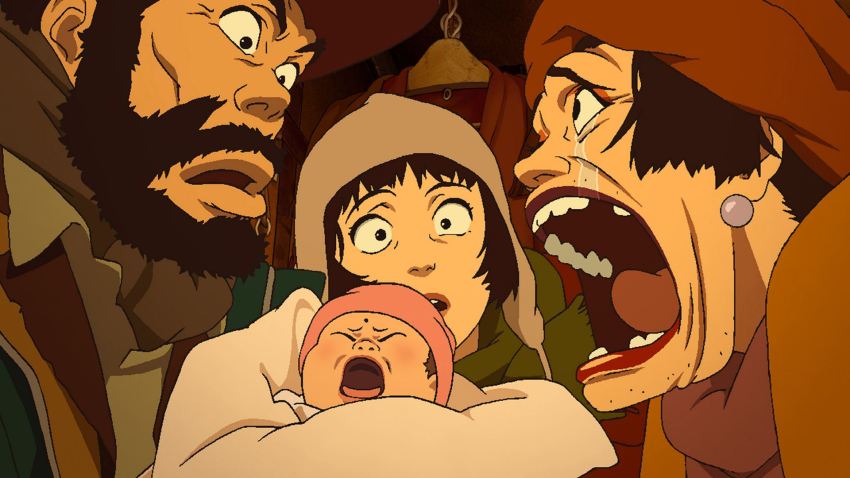
Our main piece of advice for watching Tokyo Godfathers is to have a healthy supply of tissues by your side. An engrossing tragicomedy as funny as it is sentimental, Tokyo Godfathers finds three homeless Tokyo residents struggling to care for an abandoned baby they find in the streets. A heartbreaking study of poverty, class disparity, and our collective views of less financially well-off individuals, Tokyo Godfathers’ uplifting tone is capable of making you laugh, smile, and let out a good hearty cry from its opening moments to its bittersweet conclusion.
Ghost in the Shell (1995)
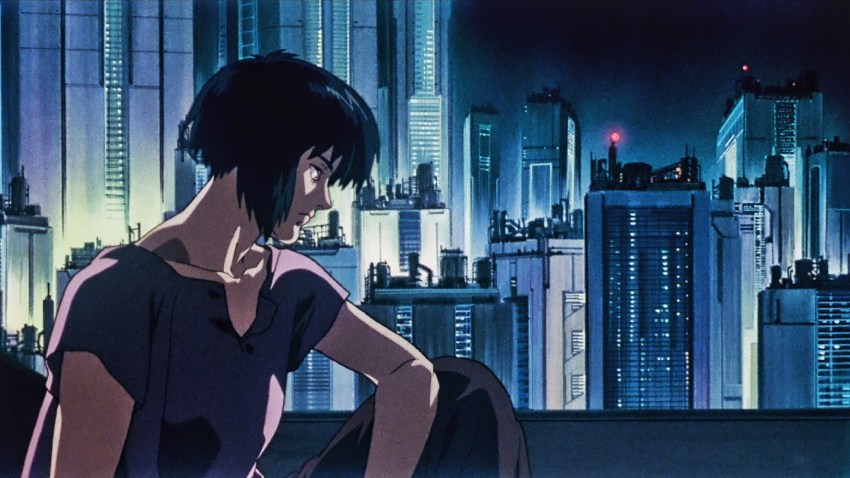
As a general rule, any movie that influenced James Cameron and the Wachowskis deserves to be seen at least once by any self-effacing sci-fi fan. Such is especially for a film as avidly beloved as 1995’s Ghost in the Shell, a cyberpunk thriller that went on to inspire such fabled successors as The Matrix, Avatar, and A.I.: Artificial Intelligence, among many others. Relying heavily on its stupendous visual design, Ghost in the Shell also provides a fascinating neo-noir plot line unlike any other. Exploring existential topics related to consciousness, memory, and sentient computer programs, it’s a sci-fi epic on par with 2001 or Blade Runner, effortlessly leaning into its deeper philosophical questions throughout its fast-moving 83-minute length.
Paprika (2006)
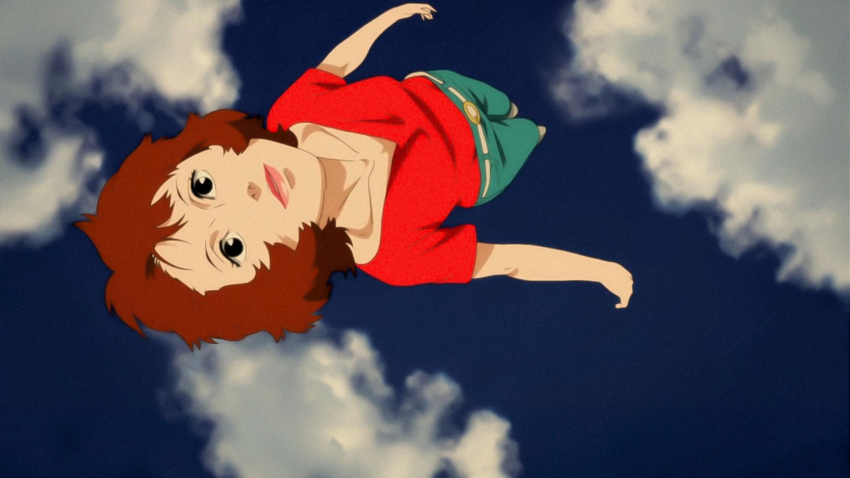
Shortly after its 2010 release, many people were quick to point out the vast number of similarities between Christopher Nolan’s Inception and 2006’s equally heady dream-oriented thriller, Paprika. While there’s an undeniable resemblance between the two films, it’s worth pointing out just how extraordinarily imaginative the latter film is in its own right, regardless of its comparisons to Inception. As with Nolan’s psychological thriller, it may take a few viewings to fully decipher and understand, but at the end of the day, Paprika is a soaring sci-fi parable capable of being enjoyed again and again and again.
Akira (1988)
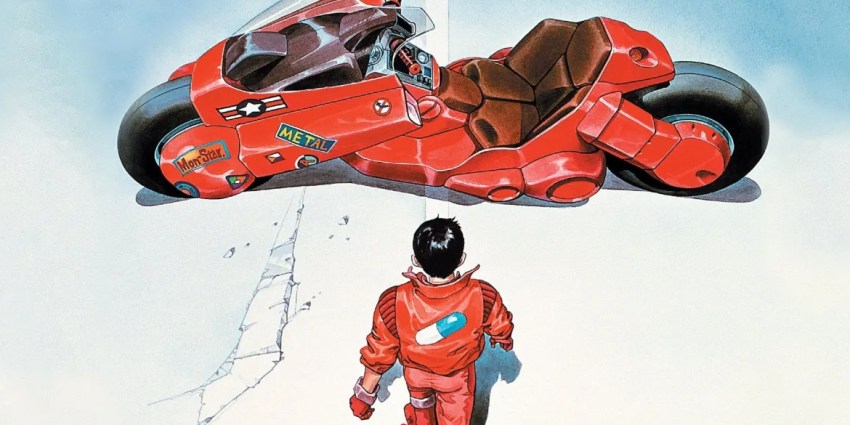
To this day, it’s difficult to think of an anime film more revolutionary than 1988’s Akira. Adapting his preceding manga series for the big screen, director Katsuhiro Otomo meticulously brings the nightmarish dystopia of Neo-Tokyo to life with his iconic animation here. Looking to numerous cyberpunk predecessors like Blade Runner and Tron for inspiration, Otomo creates the ultimate sci-fi thriller through Akira, establishing a fully-populated near-future filled with rampaging bikers, neon-lit skyscrapers, secretive government agencies, and genocidal telekinetic mutants in its brisk two-hour runtime.



